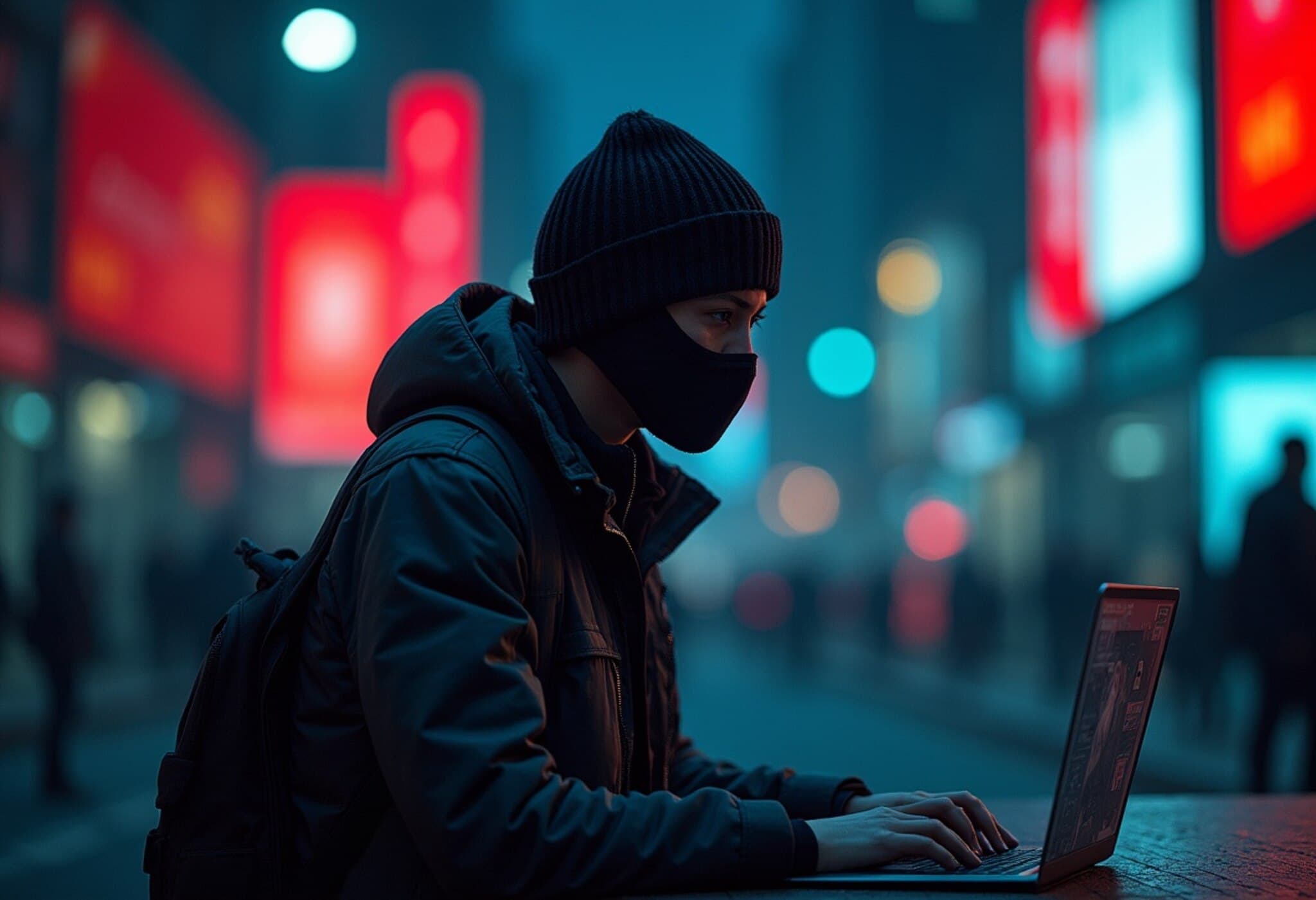Russia Enforces Pre-Installation of Max Messenger on Smartphones
In a move signaling tighter state control over digital communications, the Russian government has mandated that all smartphones and tablets sold within its borders must come pre-installed with Max messenger, a government-backed application. This directive, effective from September 1, 2025, reflects Moscow’s ongoing strategy to reduce dependence on foreign tech platforms and strengthen domestic cybersecurity measures.
Introducing Max: Russia’s Homegrown Communication Platform
Launched earlier this year in March by VK, a state-controlled social media conglomerate, Max was developed as a successor to the VK Messenger, which itself has been forcibly integrated into devices since 2023. The app offers comprehensive communication features, including instant messaging, audio and video calling, and even integrated financial transactions. Developers have promised further enhancements soon, aiming to create a multifunctional app ecosystem tailored to Russian users.
According to reports by Tass, Max has already garnered the attention of approximately 18 million registered users since its inception, highlighting the app's rapid adoption amid rising domestic digital nationalism.
RuStore: Russia’s Answer to Apple’s App Store
Alongside Max, phones sold within Russia will also feature RuStore, a local app distribution platform designed to compete with Apple’s and Google’s global stores. This move represents Moscow’s broader ambition to cultivate a sovereign app ecosystem less vulnerable to external political and technical pressures.
Widening Restrictions on Foreign Messaging Apps
The enforced pre-installation of Max coincides with an intensifying crackdown on foreign messaging platforms, particularly WhatsApp and Telegram. The Russian state’s digital regulator has accused these encrypted services of facilitating "sabotage and terrorist activities," citing reluctance by their operators to comply with Russian law enforcement demands for user data access. These allegations, reported via the Interfax news agency, have culminated in new restrictions aiming to curtail their influence and operations within Russia.
Contextualizing Russia’s Digital Sovereignty Drive
Moscow’s strained relationship with international tech firms is not new, with disputes over data localization and content regulation simmering for years. The geopolitical tension escalated sharply following Russia’s invasion of Ukraine in 2022, prompting the Kremlin to tighten its grip on the national internet landscape. By prioritizing domestically developed technology like Max and RuStore, Russian authorities seek not only to foster economic self-reliance but also to exert greater surveillance and control over digital communications.
Expert Insight: Implications for Users and Global Tech
From an analytical perspective, Russia’s approach underscores a broader global trend where nations are striving to establish digital sovereignty—balancing national security concerns with open internet ideals. However, such policies often raise critical questions about citizens’ privacy, freedom of expression, and the potential for increased state censorship.
- For users: Pre-installation could limit smartphone choice and restrict access to diverse communication platforms, potentially funneling users into government-monitored environments.
- For global tech companies: It sets a precedent for mandatory inclusion of state-sanctioned apps, challenging multinational firms’ autonomy and complicating cross-border operations.
While the state's stated justification centers on national security, the broader implications touch on fundamental digital rights and the fragmentation of the global internet, sometimes referred to as the "splinternet."
Editor’s Note
This development invites reflection on the balance between national security and individual freedoms in the digital era. As Russia aggressively expands its domestic tech infrastructure, the ripple effects for internet freedom, global tech market dynamics, and everyday users are significant. Readers are encouraged to consider: How might similar policies manifest worldwide? What safeguards are essential to protect users’ privacy amid growing state surveillance? The unfolding story of Russia’s Max messenger offers a compelling case study in the evolving geopolitics of technology.











